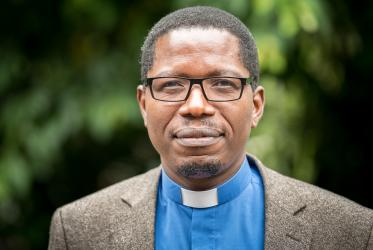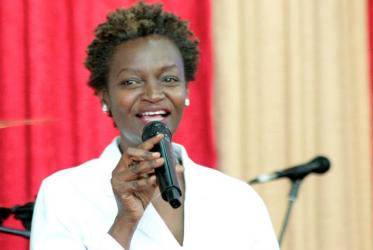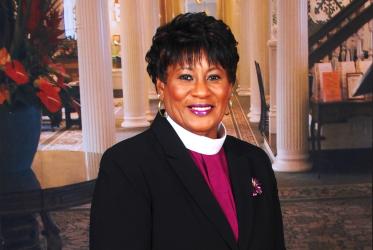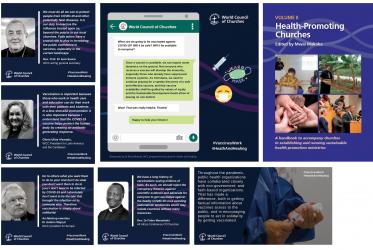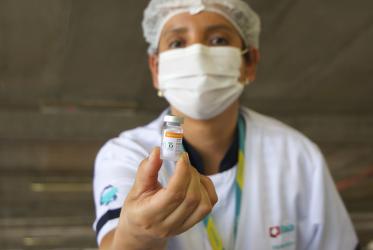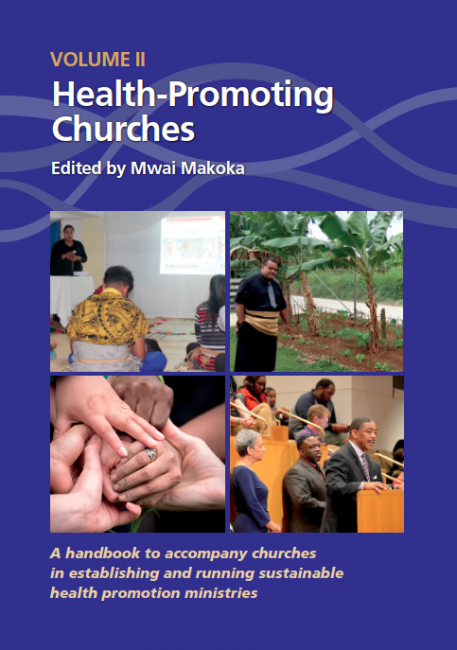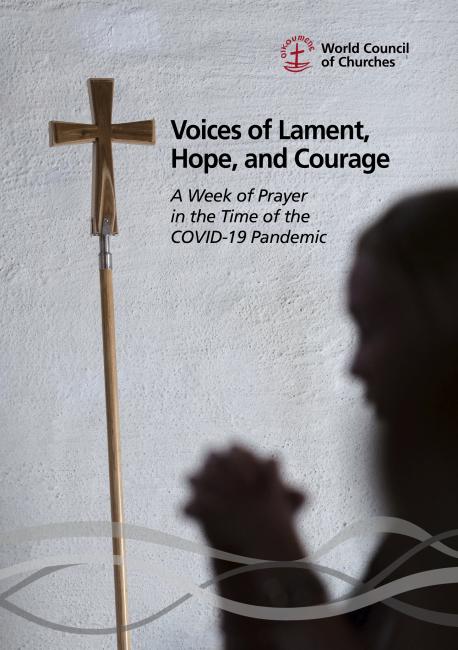Displaying 141 - 160 of 178
Young People and Climate Justice
06 August 2021
Der ÖRK beantwortet Ihre Fragen über Impfstoffe
28 April 2021
Health-Promoting Churches Volume II:
A handbook to accompany churches in establishing and running sustainable health promotion ministries
28 April 2021
WCC answers your questions about vaccines
26 April 2021
Stimmen der Klage, der Hoffnung und des Mutes
Eine Gebetswoche in Zeiten der COVID-19-Pandemie
22 April 2021
Defending the ‘blue soul of life’
08 April 2021
Impfzögern führt zu neuen Herausforderungen
23 March 2021
Vaccination hesitance poses yet another challenge
18 March 2021
Voices of Lament, Hope, and Courage
A Week of Prayer in the Time of the COVID-19 Pandemic
18 March 2021
No room at the inn
26 December 2020

